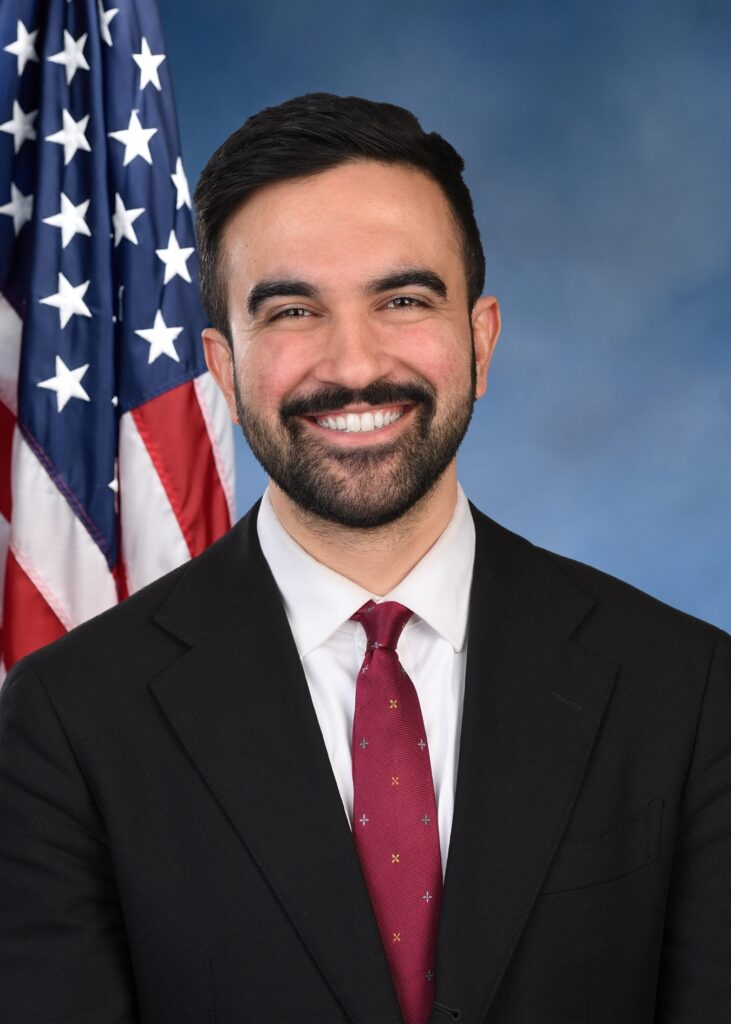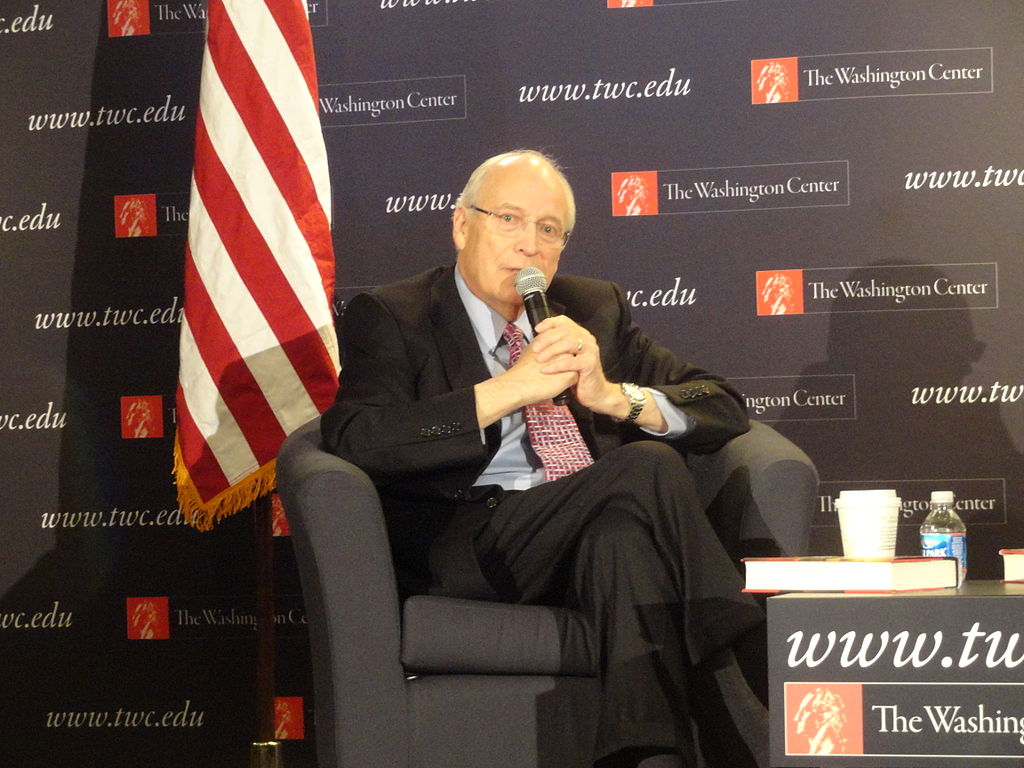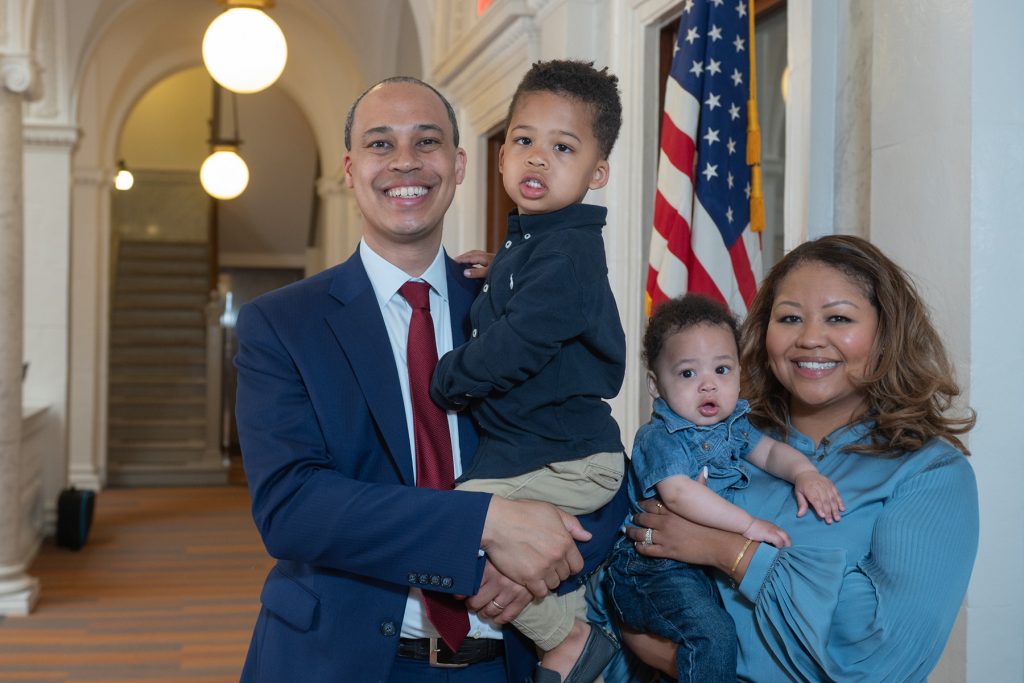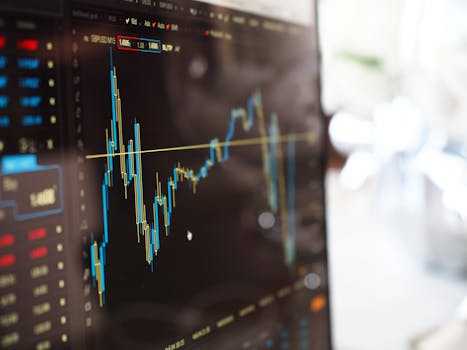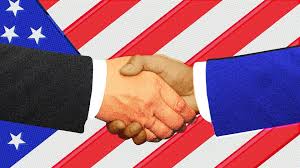Zohran Mamdani

Who He Is
- Zohran Mamdani was born on October 18, 1991, in Kampala, Uganda. Wikipedia+1
- He immigrated to the U.S., eventually settling in New York City. Wikipedia+1
- He graduated from Bowdoin College with a BA in Africana Studies. Wikipedia
- Before running for mayor, Mamdani served in the New York State Assembly representing the 36th district (Queens) since January 2021. Wikipedia+1
- He identifies as a democratic socialist and is associated with the Democratic Socialists of America. Wikipedia+1
Why He’s Making News
- On November 4, 2025, Mamdani won the mayoral election of New York City, becoming the city’s 111th mayor, defeating former governor Andrew Cuomo (who ran as an independent) and Republican Curtis Sliwa. The Guardian+1
- His victory is historic in multiple ways:
- He will be NYC’s first Muslim mayor. People.com+1
- He is also the first South Asian mayor of the city and the youngest in over a century (age 34 at election). The Guardian+1
- The election signals a major shift in NYC politics — a grassroots progressive candidate defeating an established political figure and tapping into concerns about affordability, housing, transit, and inequality. People.com+1
What His Platform and Campaign Looked Like
- Mamdani’s campaign focused heavily on affordability and economic justice:
- Free city-bus rides. People.com+1
- Rent freeze on rent-stabilized apartments. The Washington Post+1
- Opening city-run grocery stores to offer lower-cost staples. Mid-day
- Raising taxes on those making over $1 million and on corporations, to fund public services. Wikipedia
- His campaign built a broad coalition: young voters, progressive activists, historically underserved communities, and those frustrated with the status quo in NYC politics. People.com+1
- He overcame significant headwinds: he was widely viewed as the outsider; his opponent Cuomo had far more name recognition and resources; he also faced criticism and push-back from business interests and some within his own party. The Washington Post+1
What This Win Means
- For New York City: It likely means a shift in priorities — transit, housing, income inequality and public services may take greater focus under Mamdani’s leadership.
- Within the Democratic Party: His win underscores the power of the progressive wing and signals that candidates outside the traditional establishment can succeed in major races.
- For representation: Having a Muslim, South Asian, millennial mayor is a milestone in a city that is extraordinarily diverse and which often leads the nation in historic firsts.
- Caution ahead: Implementation will be critical. Ideas like free buses and expansive services require funding and political coordination. Governing will test whether the campaign momentum can translate into durable policy.
Key Takeaways
- Zohran Mamdani’s victory is not just about a single election—it reflects deeper currents: younger voters mobilizing; dissatisfaction with economic strain in urban life; and willingness to embrace bold, progressive candidates.
- His life story—from immigrant roots, to local activism, to state assembly, to becoming mayor-elect—speaks to the idea of new leadership pathways in American politics.
- His win throws a spotlight on how big cities may shift in the coming years, especially as cost of living and inequality remain top-of-mind for many residents.
When Zohran Mamdani was projected as the winner of the New York City mayoral race on November 4, 2025, the headlines focused on his historic “firsts” — first Muslim, first South Asian, and one of the youngest mayors in the city’s history.
But beneath the milestone is a deeper story — one of resilience.
Mamdani’s rise from community activist and state assemblyman to mayor of the largest city in America is not simply political triumph; it is proof that persistence, conviction, and faith in public service can overcome entrenched systems and established power.
From Immigrant Roots to Political Rise
Zohran Mamdani was born in Kampala, Uganda, in 1991 to Indian-Ugandan parents who later immigrated to the United States. Growing up in New York City, he witnessed the struggles of working-class immigrant families — experiences that shaped his belief in social justice and economic fairness.
Before entering politics, he worked as a housing counselor, helping tenants navigate eviction and displacement. When he first ran for the New York State Assembly in 2020, he was a relative unknown — facing a well-funded incumbent and limited media exposure.
But Mamdani ran an energetic grassroots campaign that emphasized community organizing and door-to-door outreach. He won that race, demonstrating early signs of the resilience that would later define his mayoral campaign.
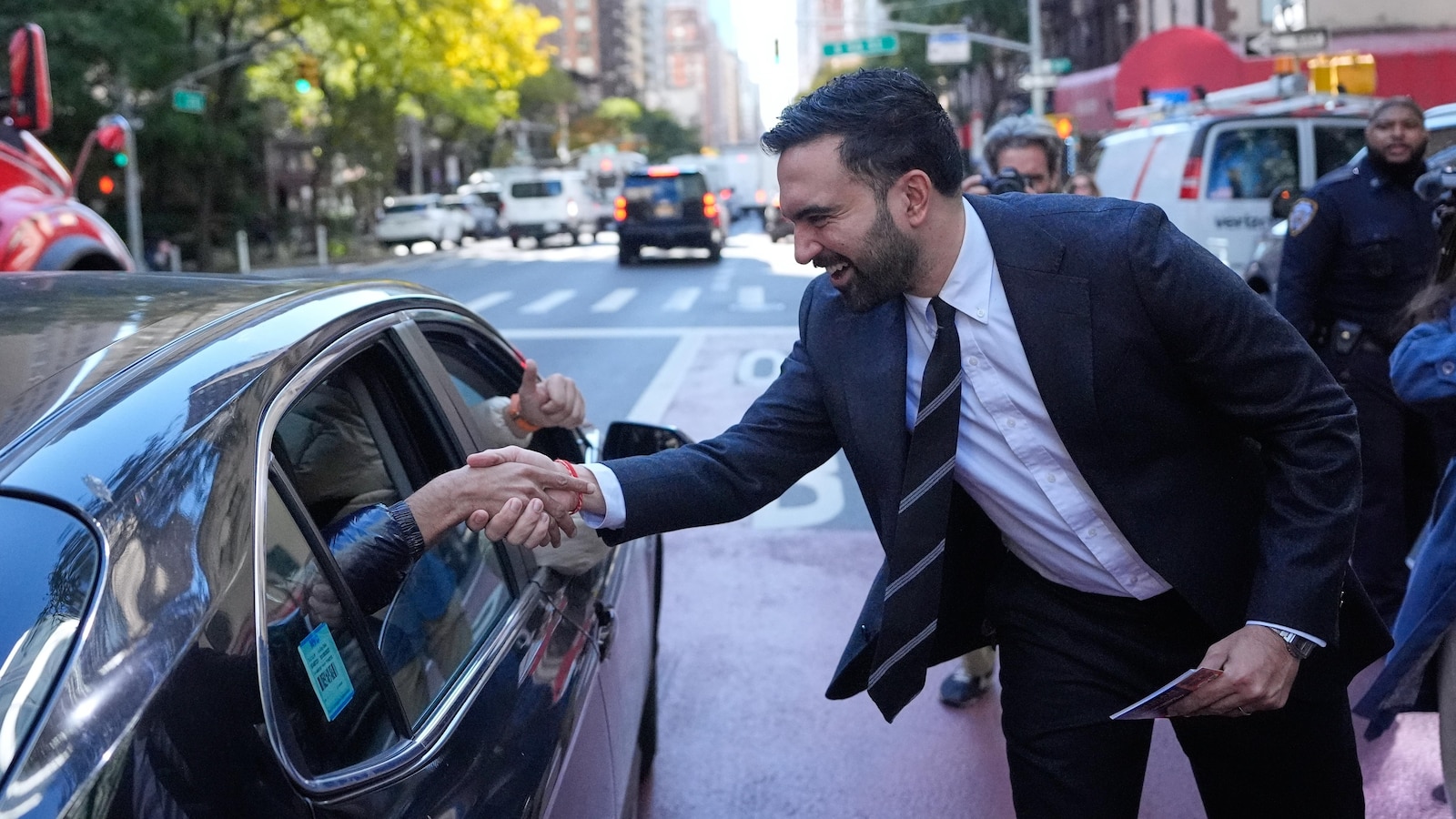
Facing the Establishment — and Refusing to Yield
In his mayoral bid, Mamdani faced towering opponents: former Governor Andrew Cuomo, running as an independent with name recognition and a powerful donor network, and Curtis Sliwa, a conservative media personality.
Most political observers gave Mamdani little chance early on. His progressive platform — advocating for free public transit, rent freezes, and publicly funded grocery programs — was dismissed by critics as unrealistic. Yet, he stayed firm in his vision.
“People told us we were dreaming,” Mamdani said in his victory speech.
“But in New York, we’ve learned that resilience is what turns dreams into plans.”
Through months of grueling campaigning, limited funding, and media skepticism, Mamdani built a coalition of working-class New Yorkers, youth activists, and faith communities who saw in him a reflection of their struggles and hopes.
That persistence — the refusal to bend to pressure from party elites or to compromise his message — became a hallmark of his political identity.
Resilience in Leadership and Life
Mamdani’s story of resilience extends beyond politics. As a Muslim son of immigrants in a post-9/11 America, his very presence in the political arena once seemed improbable. Yet, he continually pushed against stereotypes and barriers, insisting that representation is not symbolic — it’s essential.
He faced racialized attacks, political isolation, and even threats during his time in the Assembly for his outspoken stance on housing justice and foreign policy issues. Still, he persisted with calm conviction and moral clarity.
In interviews, Mamdani often credits his parents for instilling resilience:
“They taught me that our duty isn’t to be comfortable; it’s to keep showing up — especially when the odds are against us.”
That philosophy carried him through tough primaries, public criticism, and now into the mayor’s office — a place where resilience will again be tested, this time on the city’s biggest stage.
What His Victory Represents
Zohran Mamdani’s election is not only a political upset — it’s a cultural moment signaling a generational and ideological shift. His win shows that resilience can take many forms:
- Resilience of ideas — championing policies once seen as fringe until they gained mainstream traction through persistence.
- Resilience of identity — breaking through religious and racial barriers in a system historically resistant to outsiders.
- Resilience of community — harnessing the strength of collective organizing to overcome establishment politics.
In a city defined by diversity, Mamdani’s rise represents New York’s enduring ability to reinvent itself through voices that once stood at its margins.
The Road Ahead
The challenges awaiting Mamdani are immense: balancing fiscal realities with progressive promises, managing public safety and transit reform, and navigating relations with the state government. Each obstacle will demand the same resilience that brought him here.
But as one of his campaign volunteers said on election night:
“If resilience built this movement, resilience will help him lead.”
And perhaps that’s the essence of Mamdani’s story — not merely a tale of political victory, but a living example of how steadfastness, empathy, and endurance can redefine leadership in the 21st century.
Conclusion
Zohran Mamdani’s victory is both historic and instructive. It reminds us that resilience is not about avoiding struggle — it’s about transforming it into strength.
From Kampala to Queens, from grassroots organizing to City Hall, his journey speaks to what is possible when conviction meets endurance.
In his words:
“This city has taught me that progress doesn’t happen overnight — it happens every time we choose to keep going.”
And for millions of New Yorkers, that resilience might just be the leadership they’ve been waiting for.

